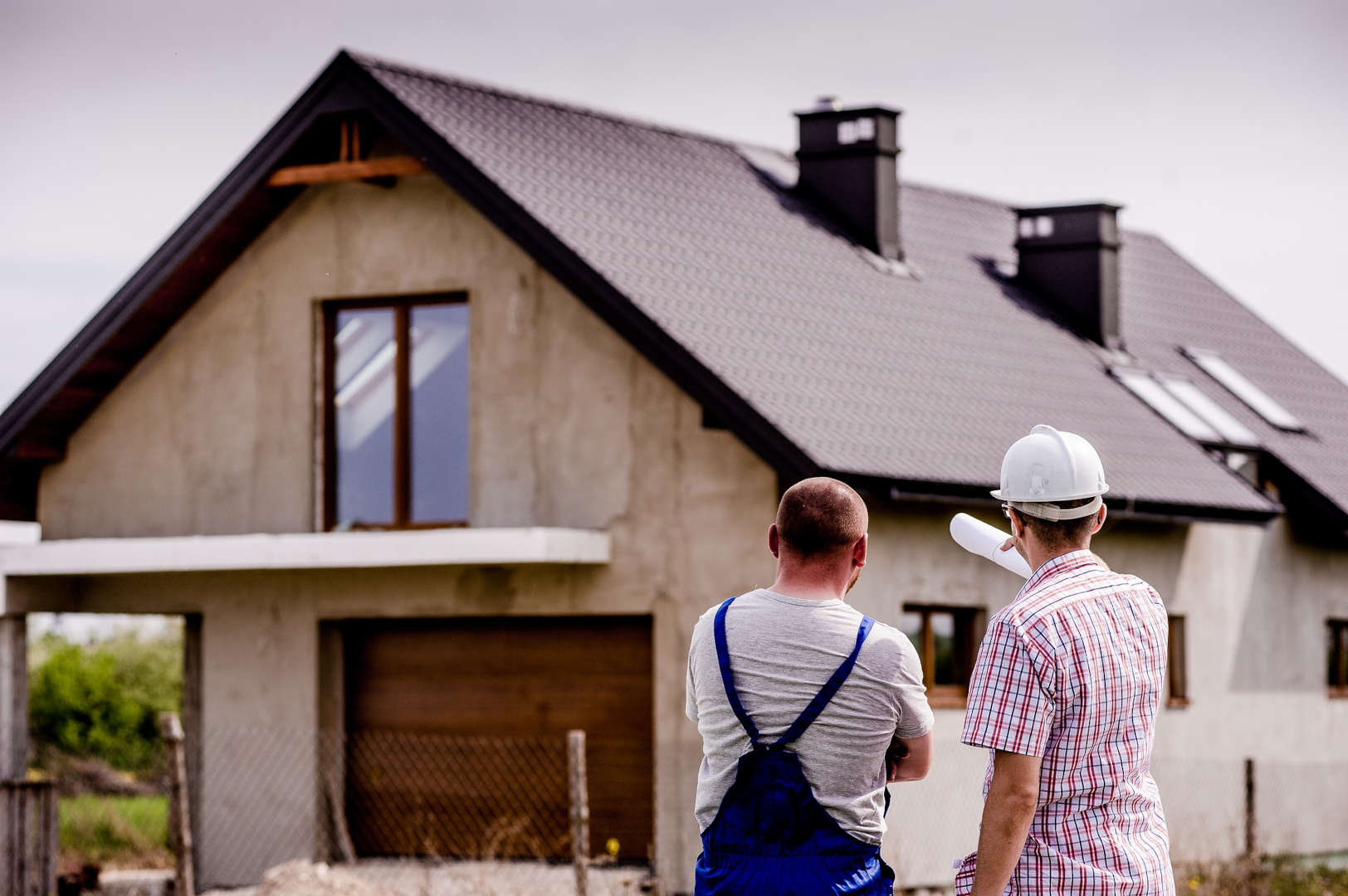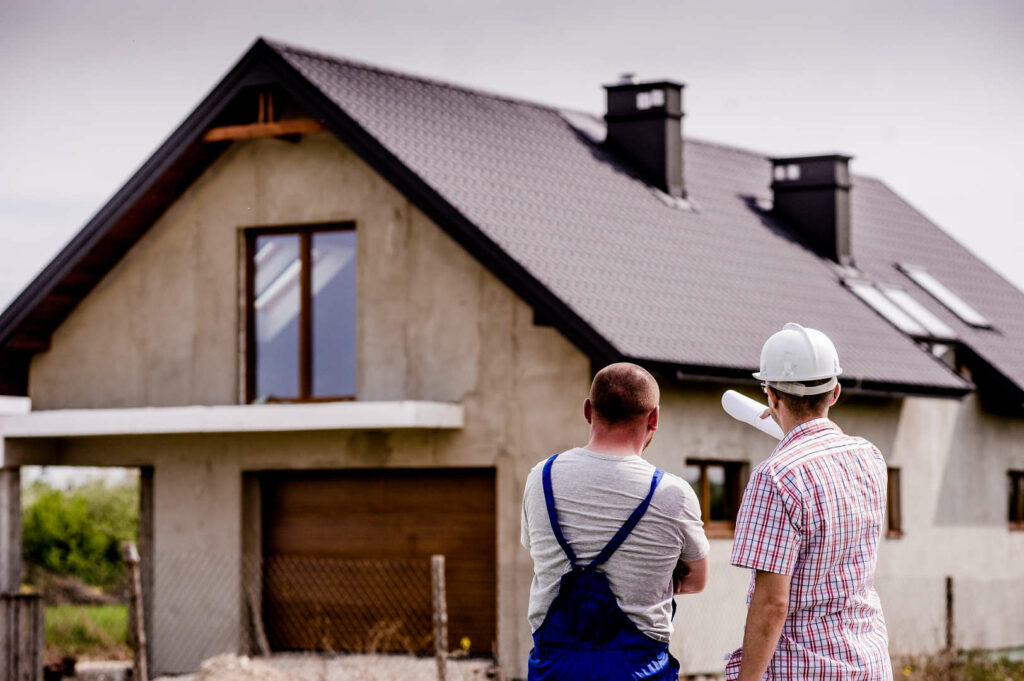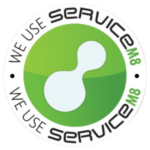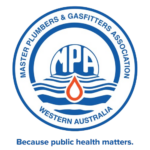

Introduction
Plumbing issues can be a homeowner’s worst nightmare, leading to unexpected expenses, water damage, and major disruptions. What starts as a small leak or a slow drain can quickly escalate into costly repairs if left unattended. The good news is that many plumbing problems are preventable with regular maintenance and simple precautions.
By taking proactive steps, you can extend the life of your plumbing system, improve water efficiency, and avoid expensive emergency repairs. In this guide, we’ll cover ten essential tips to help you maintain your home’s plumbing and keep repair costs to a minimum.
1. Fix Leaks Immediately
Even a small leak can waste gallons of water and increase your utility bills. More importantly, leaks can worsen over time, leading to serious water damage, mold growth, and structural issues. If you notice dripping faucets, water stains, or unexplained moisture, address the problem quickly before it escalates.
2. Be Careful What Goes Down the Drain
Clogged drains are one of the most common plumbing issues, and they can lead to costly repairs if not managed properly. Avoid pouring grease, food scraps, coffee grounds, or non-biodegradable items down the drain. Use drain covers to catch hair and debris in bathroom sinks and showers, and never flush anything other than toilet paper.
3. Maintain Your Water Heater
A poorly maintained water heater can break down unexpectedly, leaving you without hot water and facing an expensive replacement. To extend its lifespan, flush the tank annually to remove sediment buildup, check for leaks, and ensure the pressure relief valve is working properly. If your water heater is more than 10 years old, consider scheduling an inspection to determine if it’s time for an upgrade.
4. Check Your Water Pressure
High water pressure might seem like a luxury, but it can damage your pipes over time, leading to leaks and bursts. A pressure regulator can help maintain safe water pressure levels. If you notice unusually strong water flow or hear banging noises in the pipes, have a professional plumber check your system to prevent long-term damage.
5. Insulate Pipes in Cold Weather
If temperatures drop in your area, unprotected pipes can freeze and burst, causing extensive water damage. Insulate exposed pipes in unheated areas like basements, attics, and crawl spaces. During extremely cold weather, let faucets drip slightly to prevent freezing and open cabinet doors to allow warm air to circulate around pipes.
6. Schedule Regular Plumbing Inspections
Many plumbing problems develop gradually and go unnoticed until they become serious. A professional plumbing inspection can identify small issues before they turn into costly repairs. Consider scheduling a routine inspection at least once a year to check for leaks, corrosion, and worn-out components.
7. Be Gentle on Your Garbage Disposal
Your garbage disposal is not invincible. Avoid overloading it with large food scraps, fibrous materials (like celery or banana peels), and hard items like bones or eggshells. Run cold water while using the disposal and clean it regularly with a mixture of baking soda and vinegar to prevent odors and buildup.
8. Replace Old Plumbing Fixtures and Pipes
If your home has outdated pipes or fixtures, they may be more prone to leaks and inefficiencies. Replacing old plumbing components with modern, high-quality materials can save you money in the long run by preventing failures and improving water efficiency.
9. Know Where Your Shut-Off Valve Is
In case of a plumbing emergency, knowing how to turn off your main water supply can prevent extensive water damage. Locate your home’s main shut-off valve and test it occasionally to ensure it functions properly. If you ever experience a major leak, shutting off the water quickly can save you from a costly repair.
10. Hire a Professional for Complex Repairs
While DIY fixes can handle minor plumbing issues, more complex problems require professional expertise. Attempting major repairs without the right knowledge and tools can make things worse. A trusted plumber like Steve Plumbs ensures that repairs are done correctly, saving you time, money, and stress.
Conclusion
Preventing costly plumbing repairs is all about being proactive. Regular maintenance, good habits, and quick responses to small issues can help you avoid expensive fixes. Investing a little time in plumbing upkeep now can save you thousands in potential repair costs down the road.
If you ever face a plumbing problem that needs professional attention, don’t hesitate to reach out to a qualified plumber like Steve, who brings 40+ years of experience to every job. By following these tips, you’ll keep your plumbing system running efficiently and save yourself from unnecessary expenses. Need expert plumbing help? Contact Steve Plumbs today!


